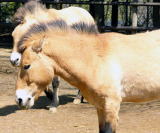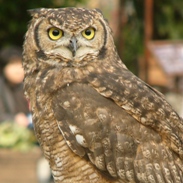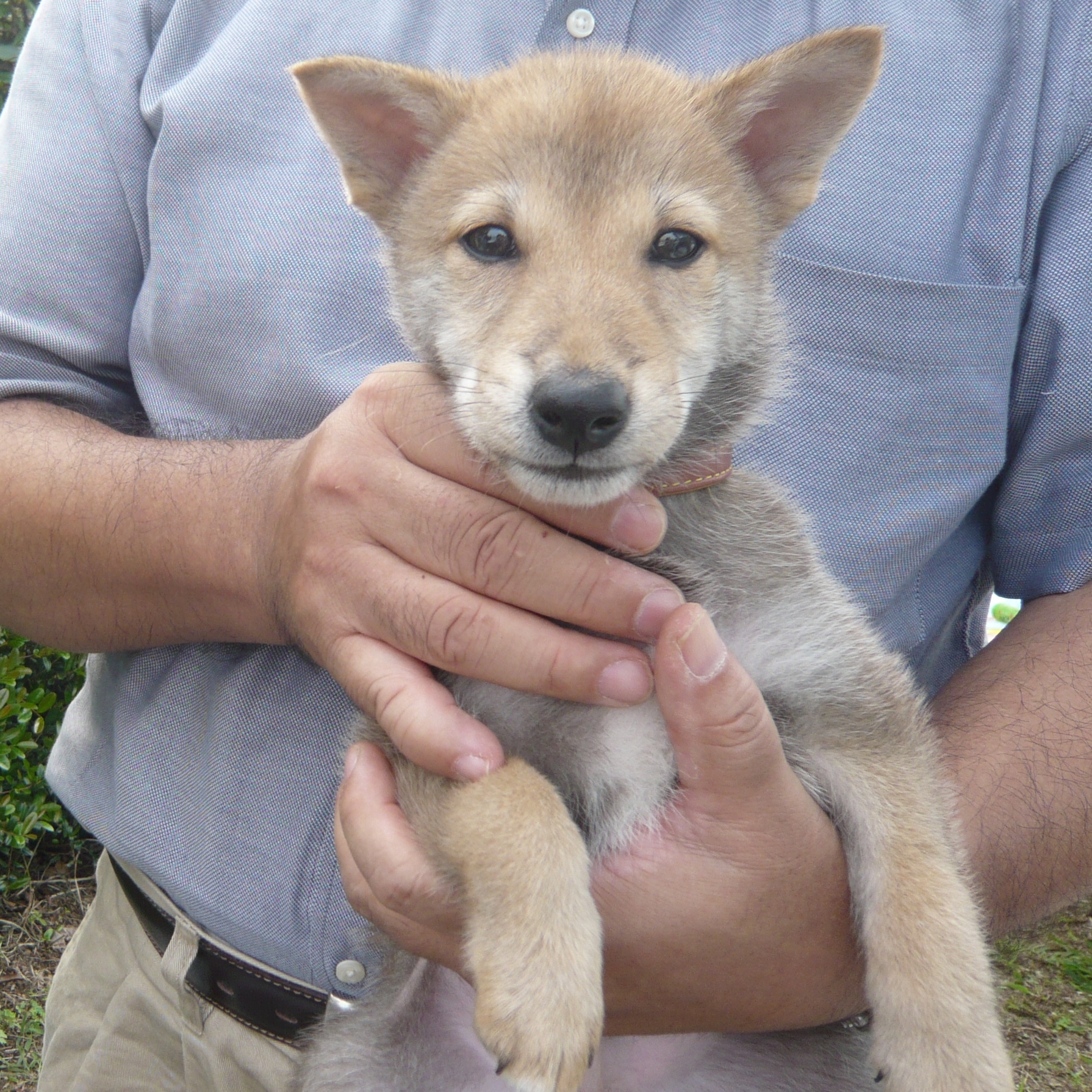Contribution to Animal Breeding and Conservation of Endangered Species
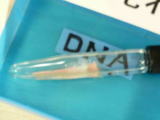
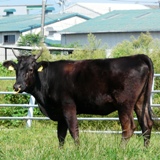
The genome means "entire genetic information" of an organism. Individual differences of the sequences of DNA, which constitutes the genome, are considerable even within a species. The difference is bigger between individuals of different species. We are studying the genomic differences within/between species and the degree of genetic diversity. Such studies have a great potential to contribute to many applied areas such as breeding of livestock, reproduction of rare captive animals, and conservation of endangered wild populations.
